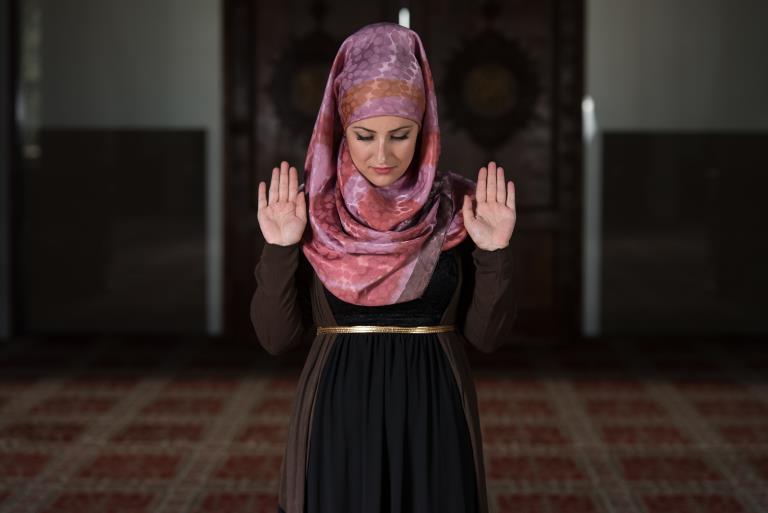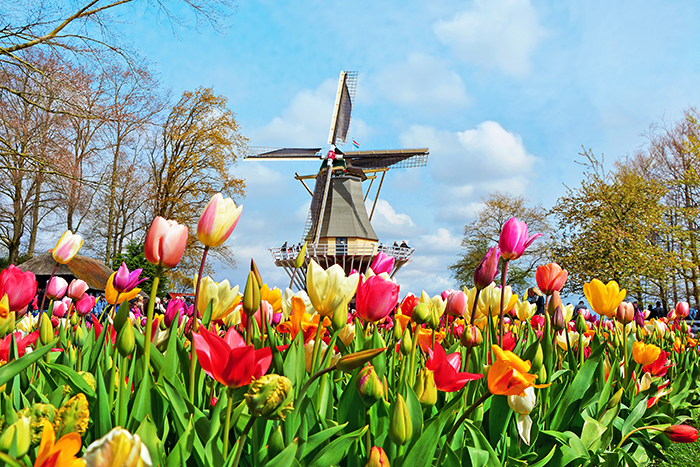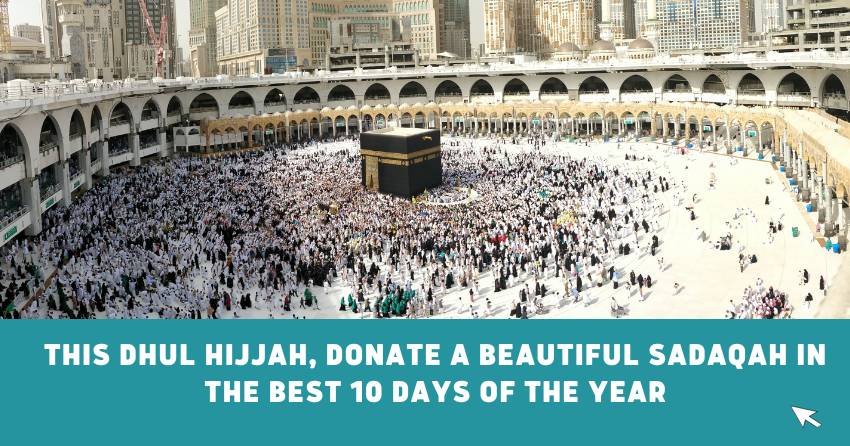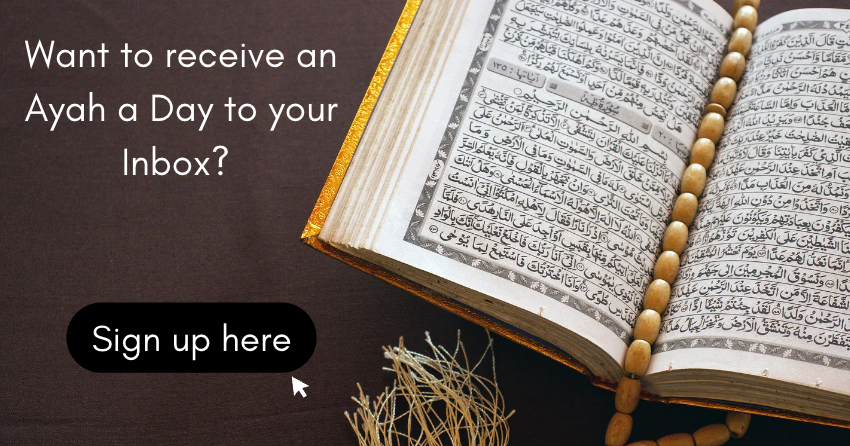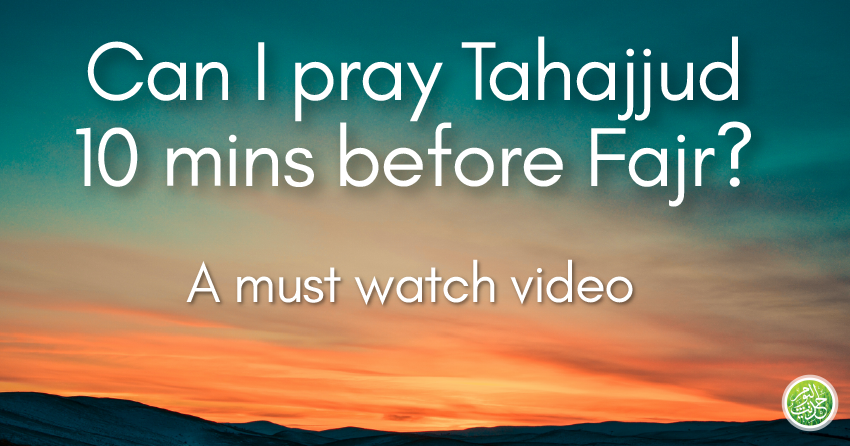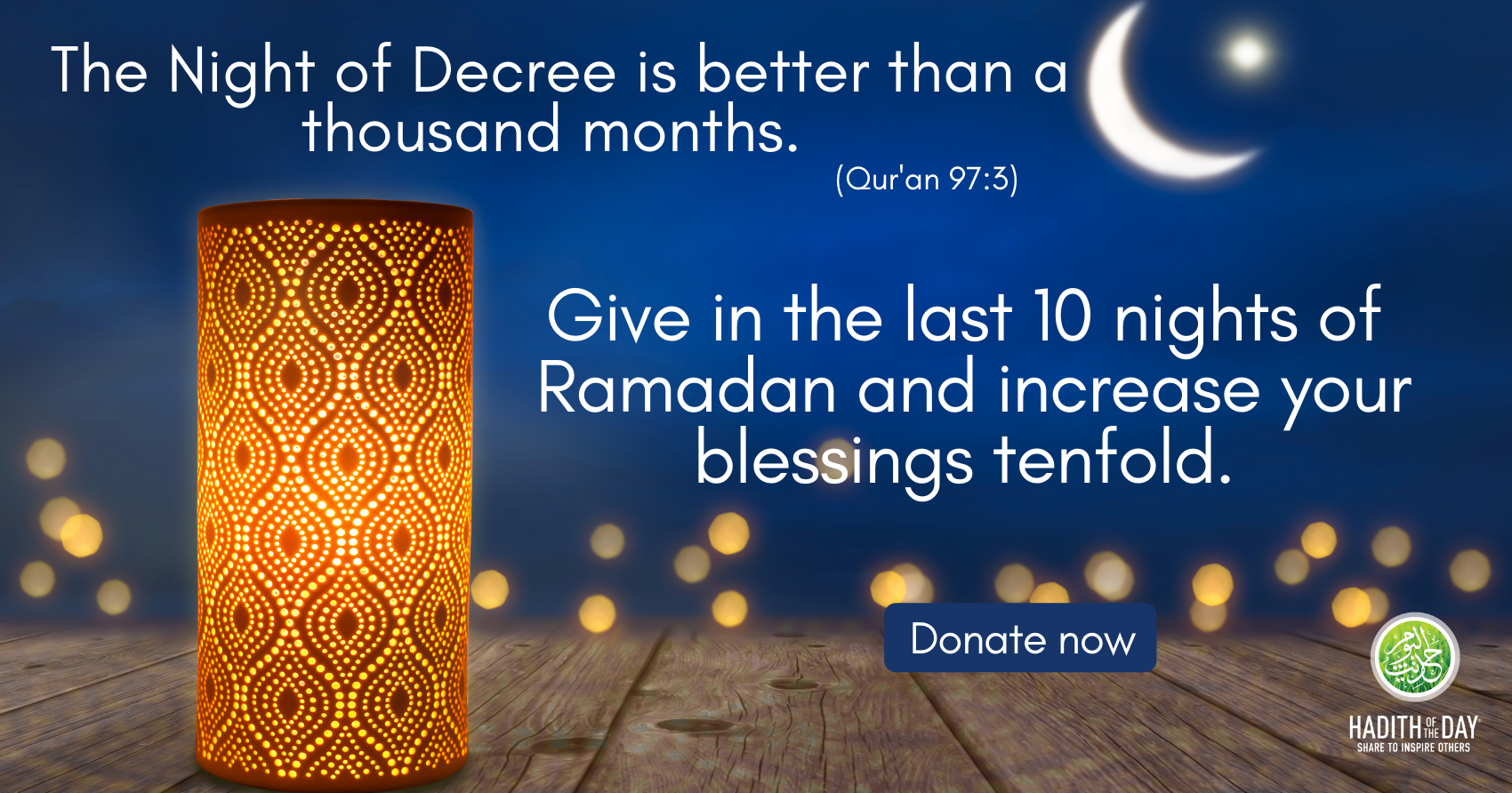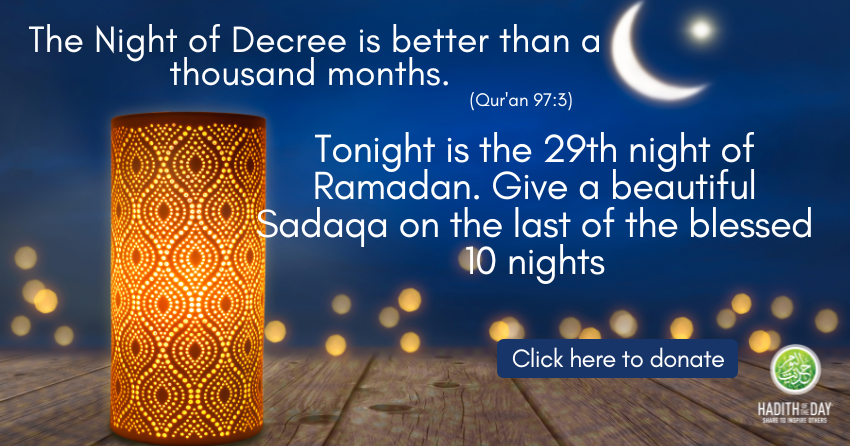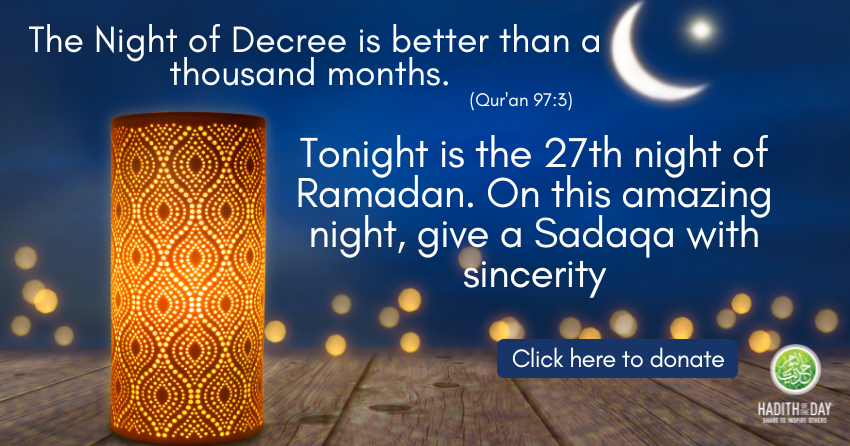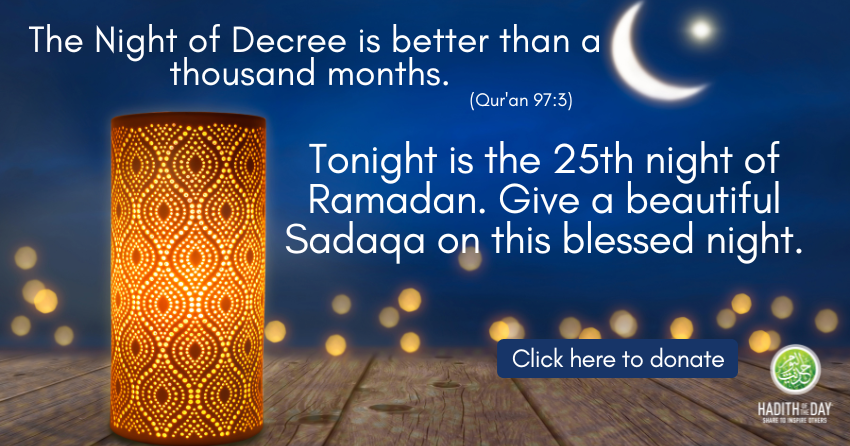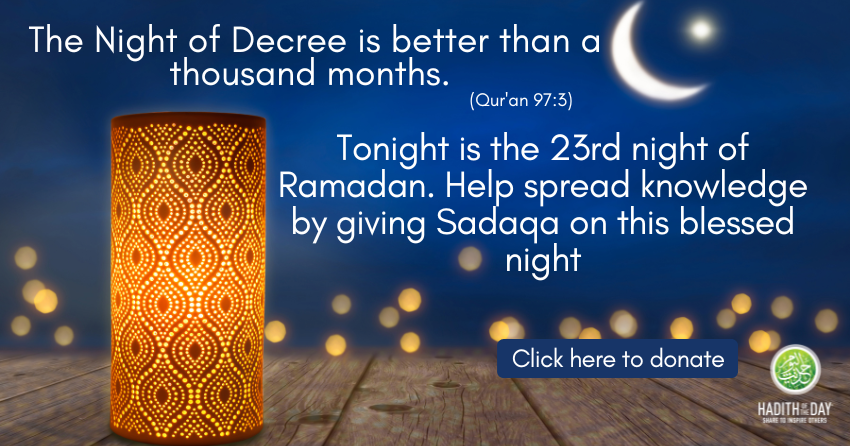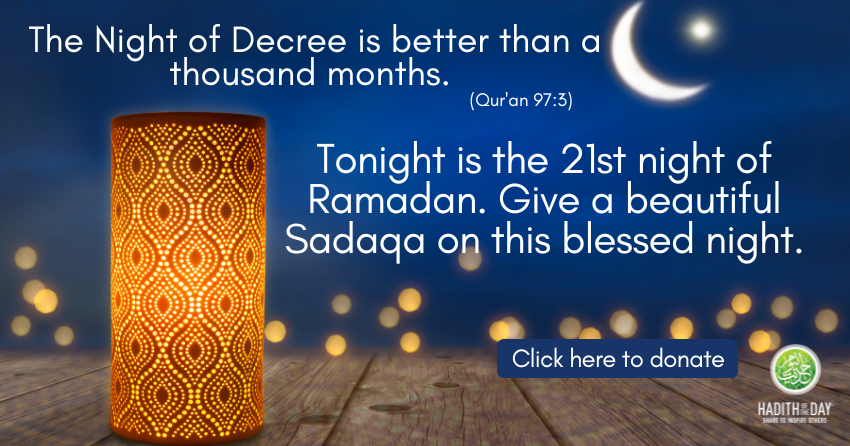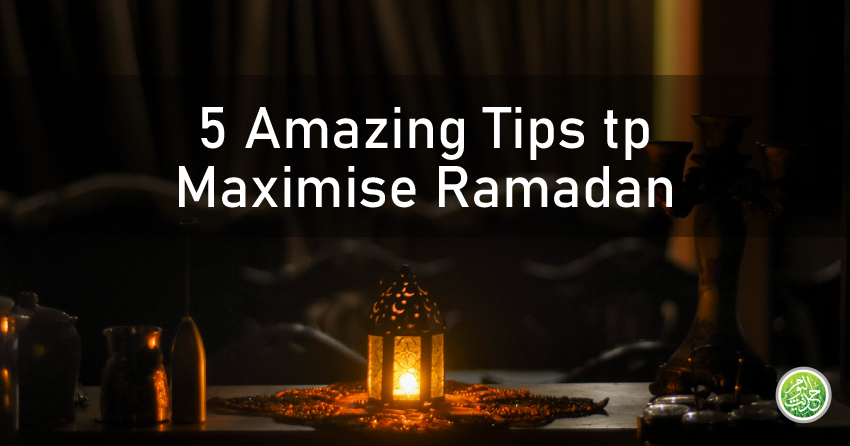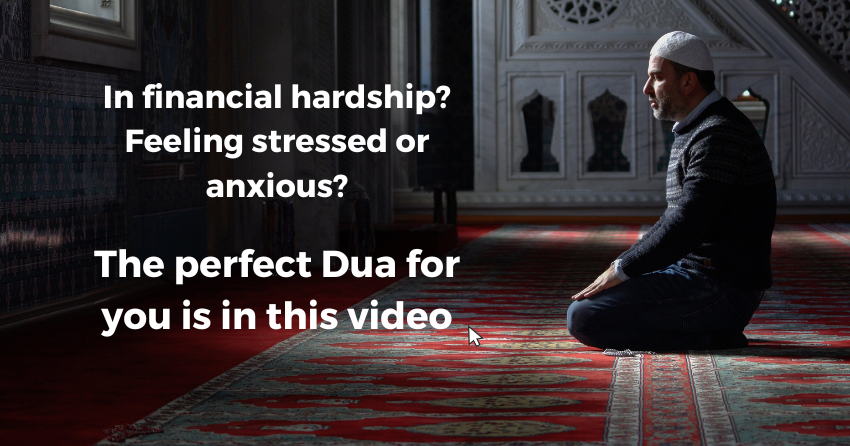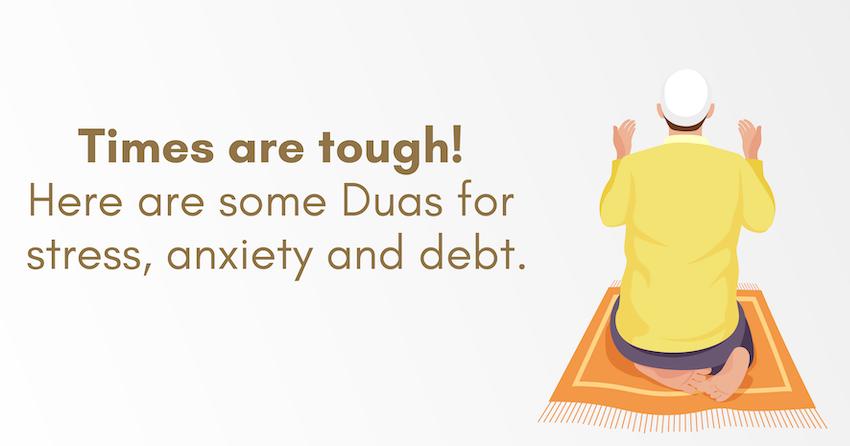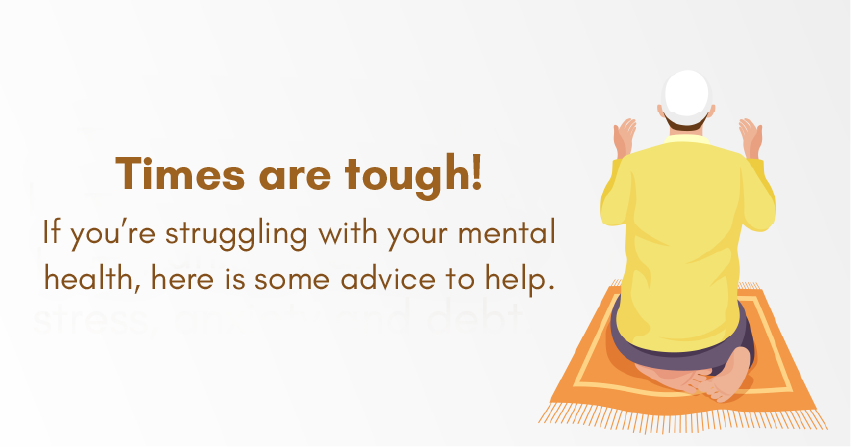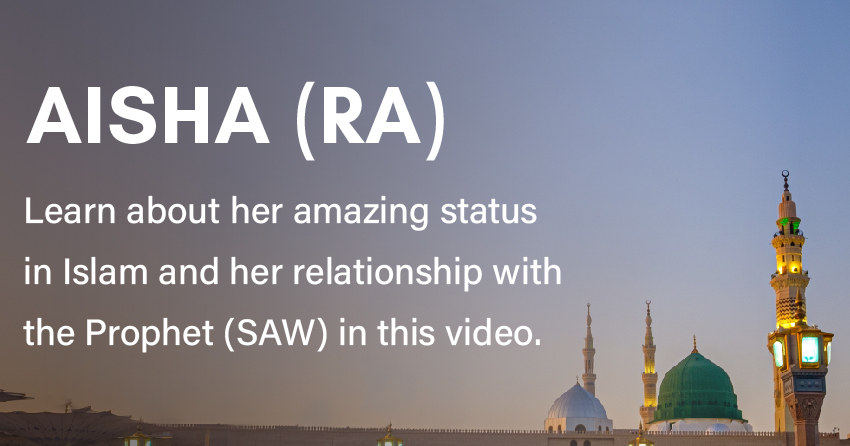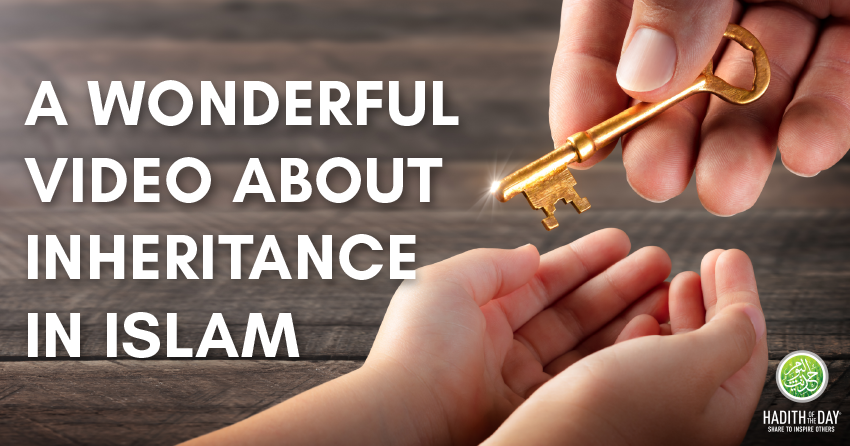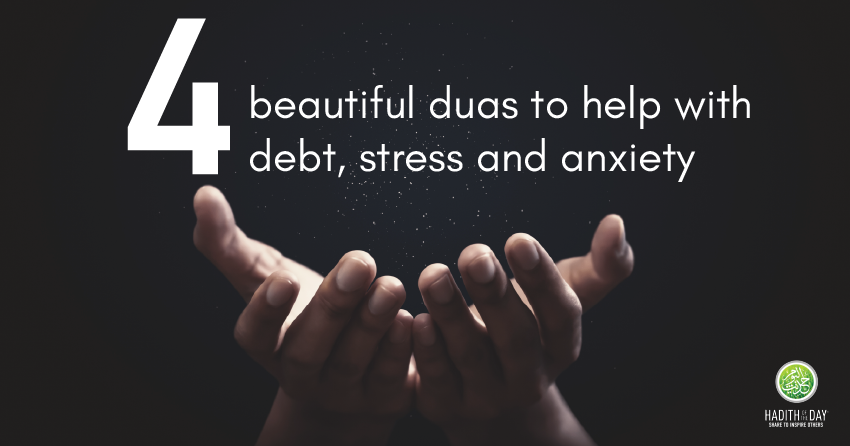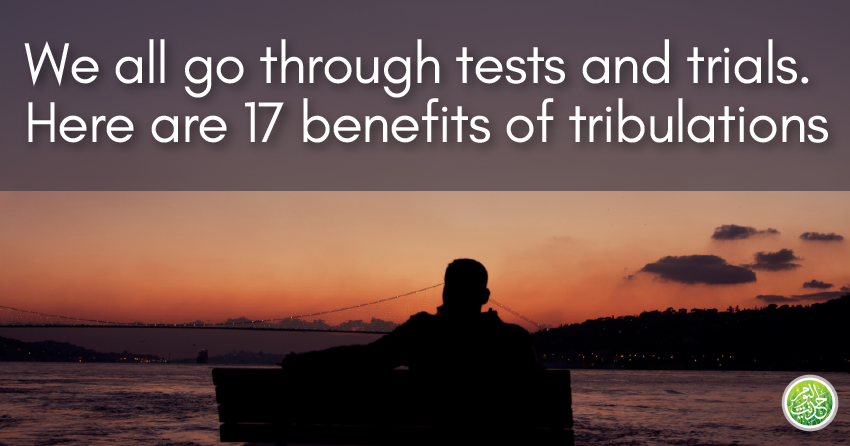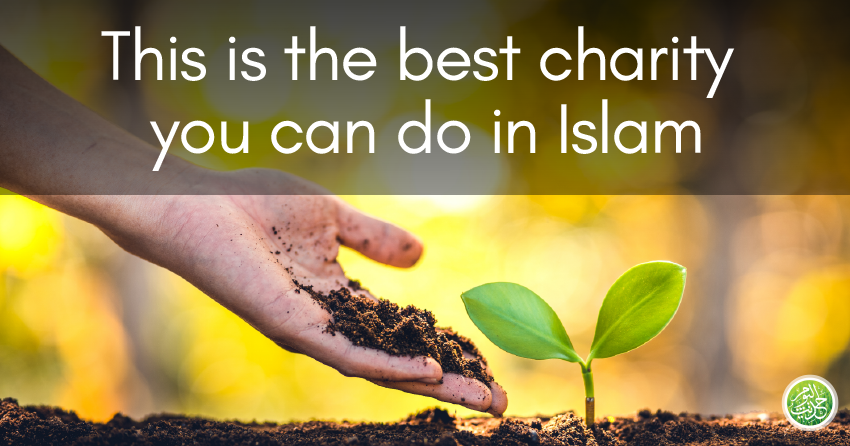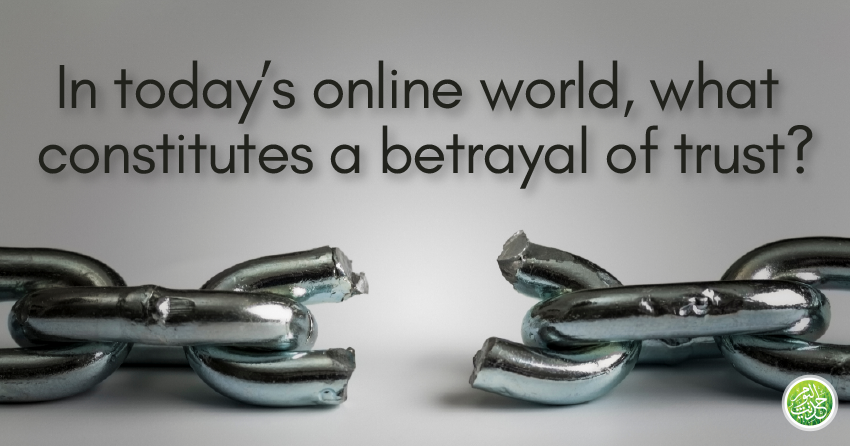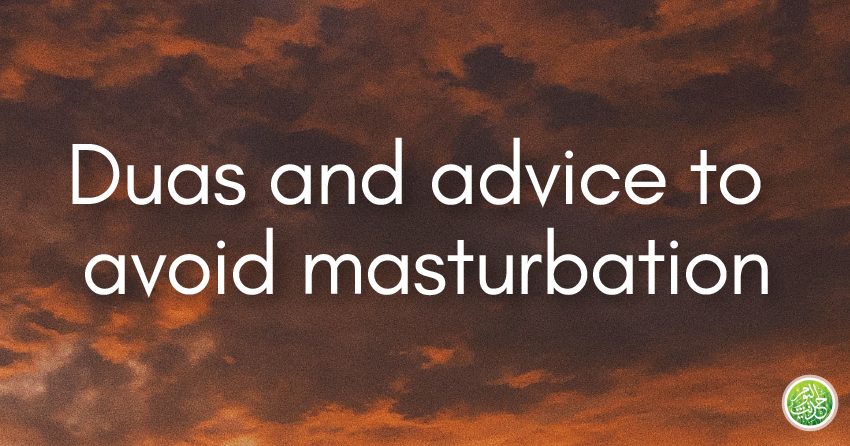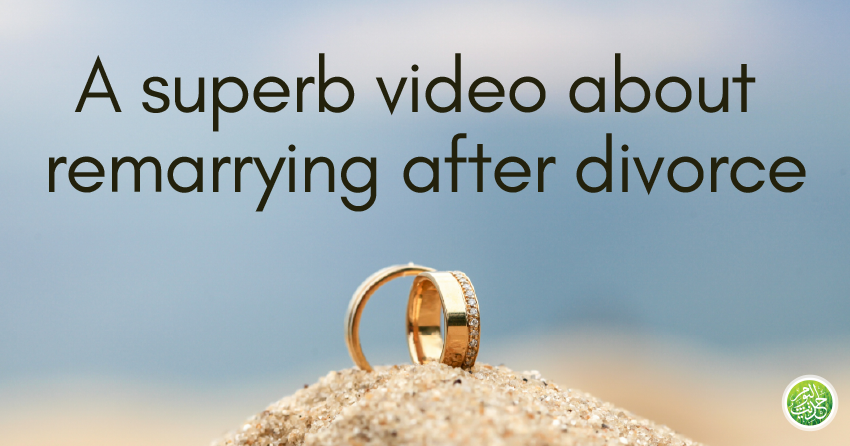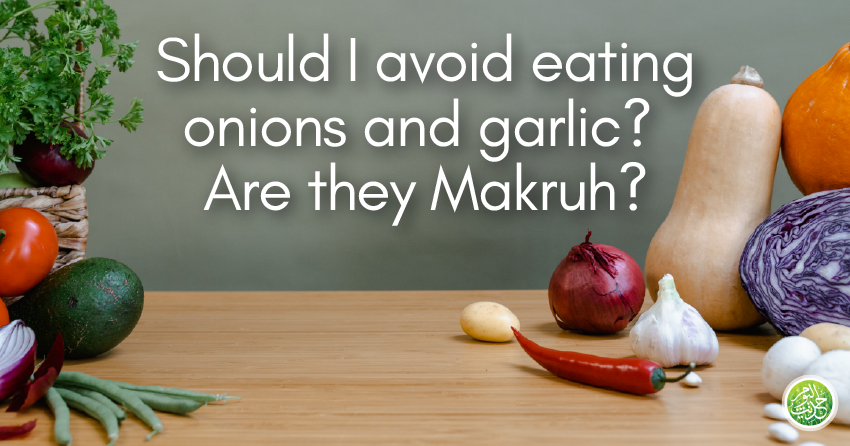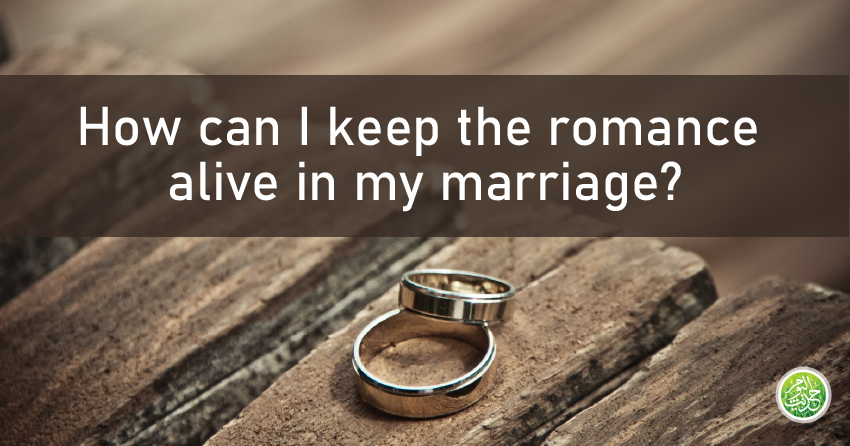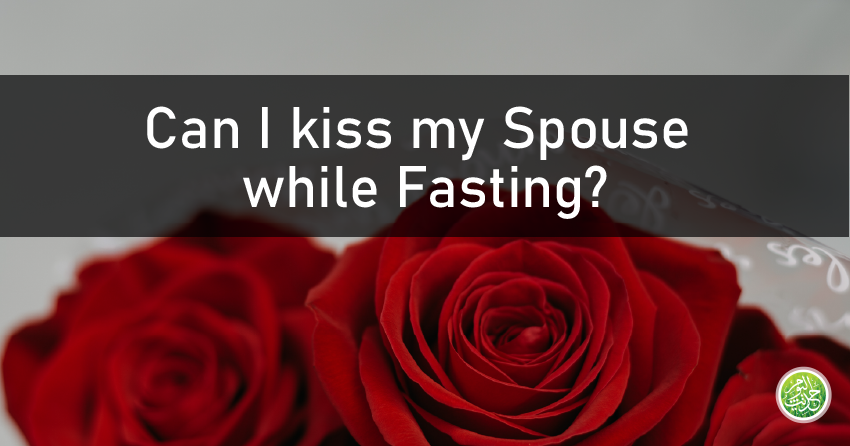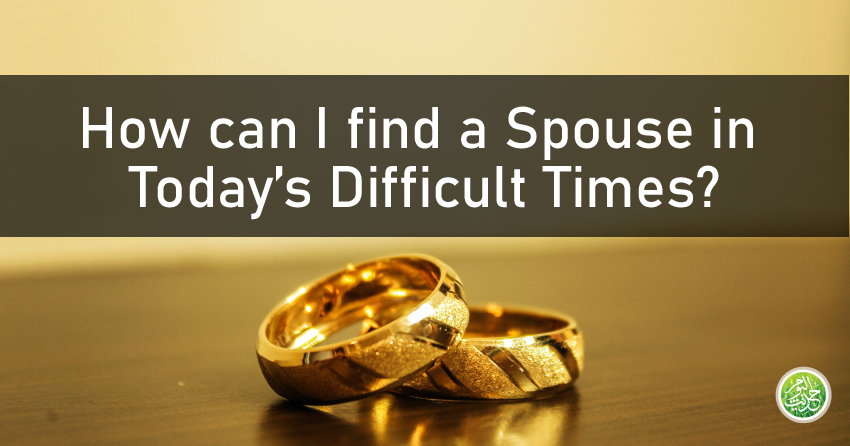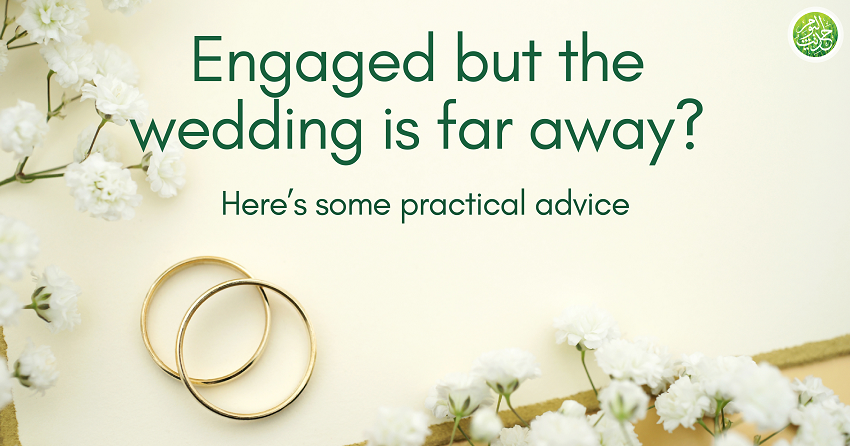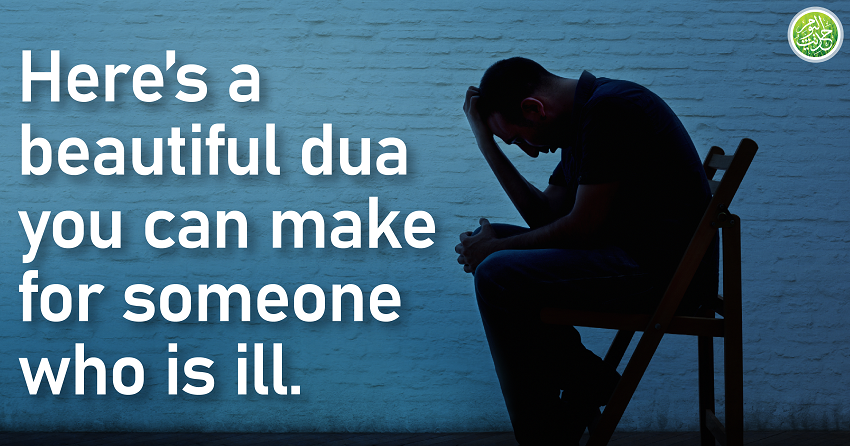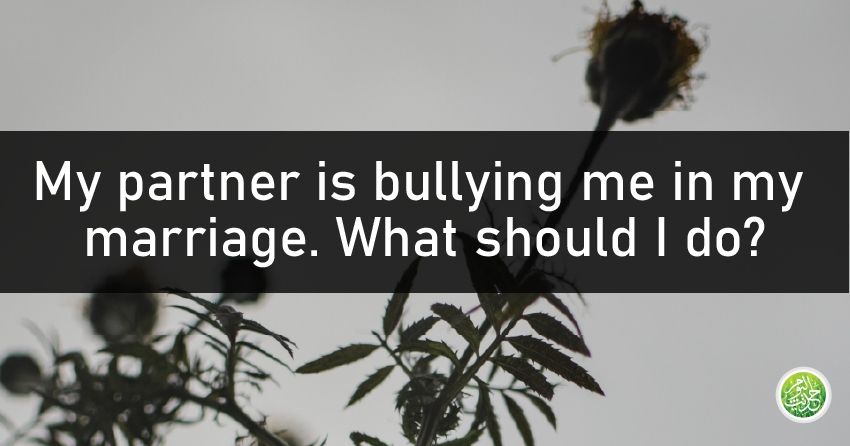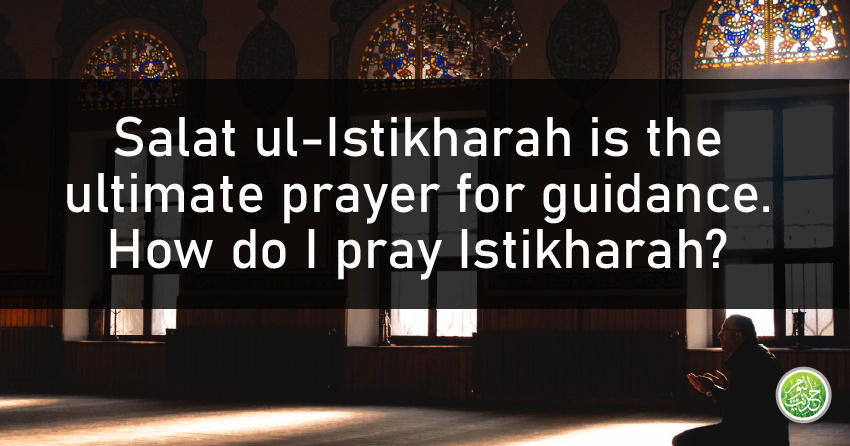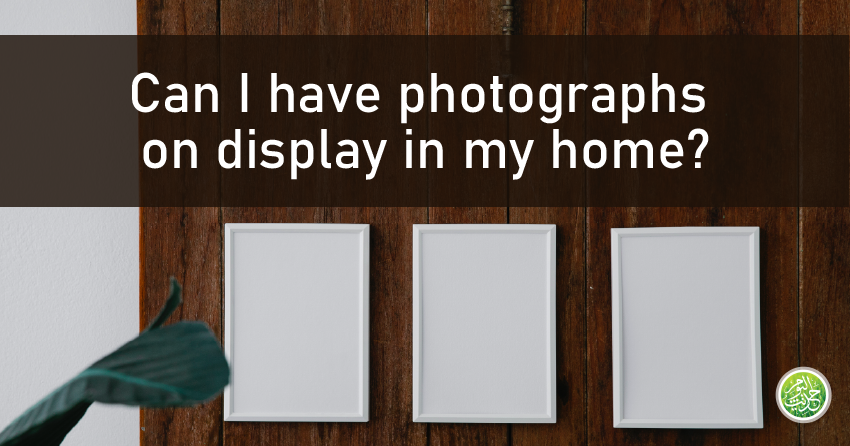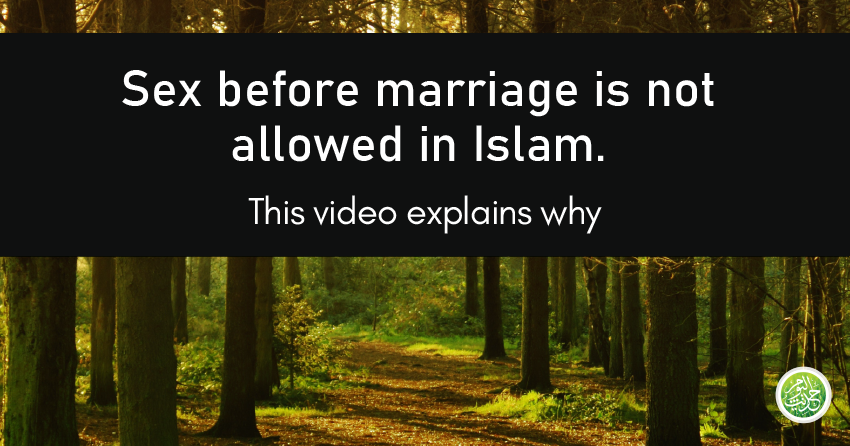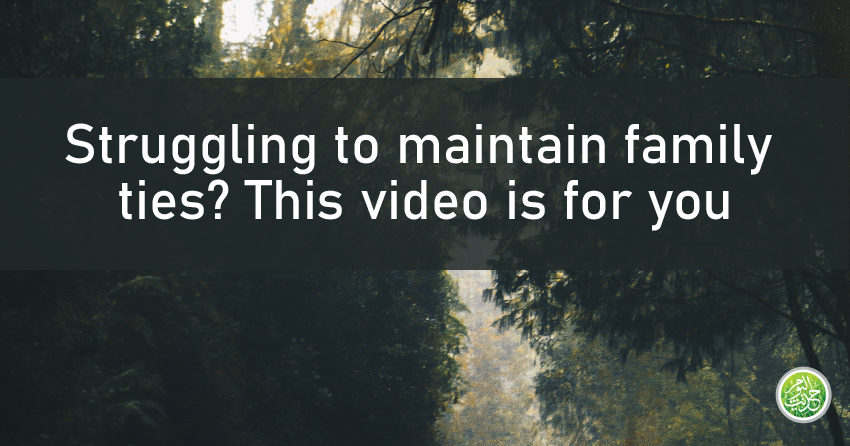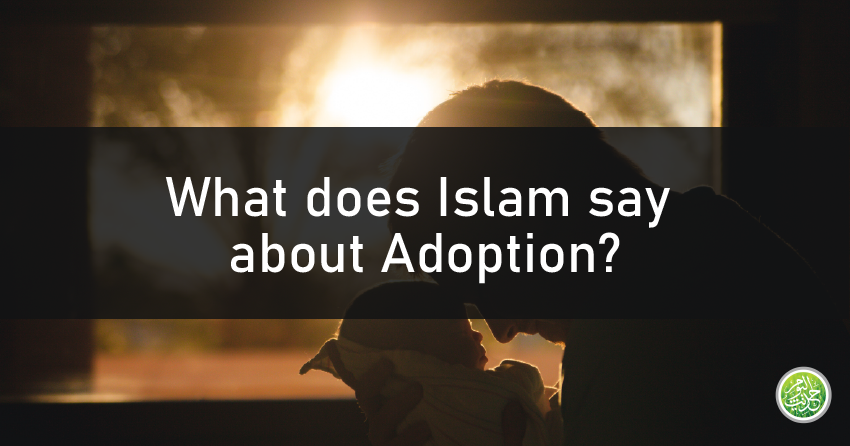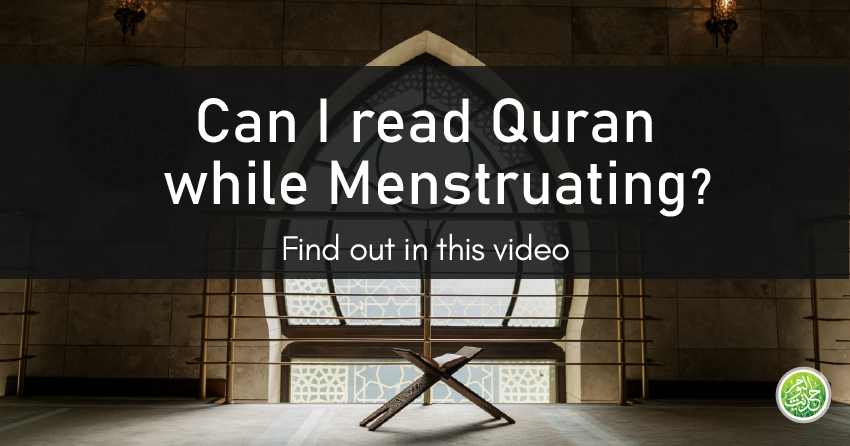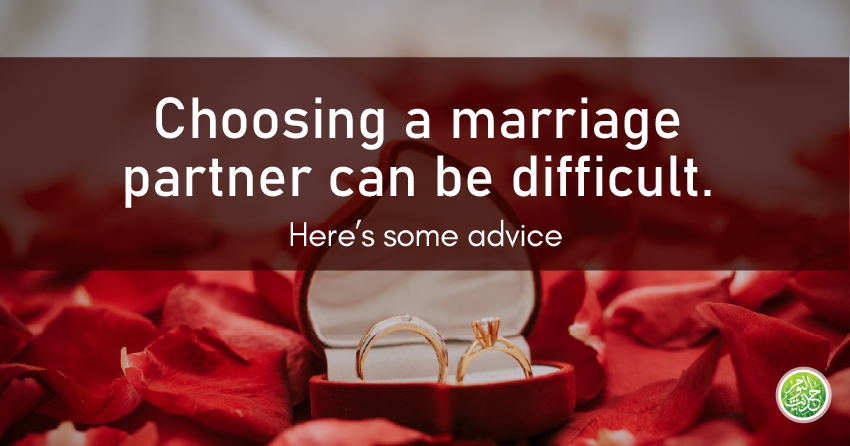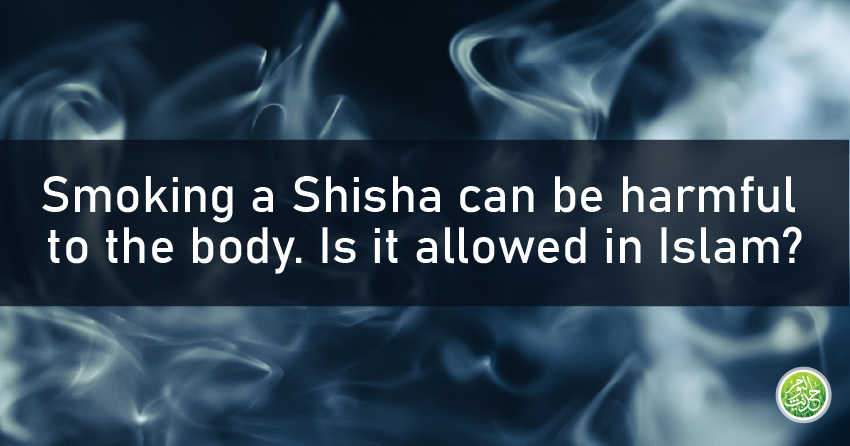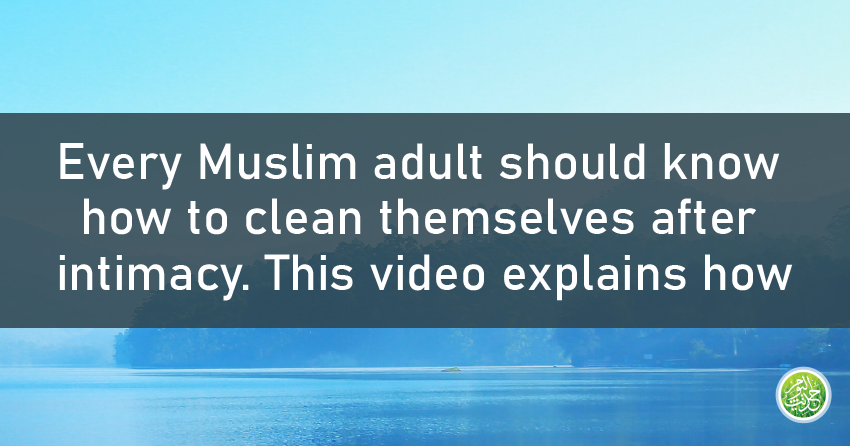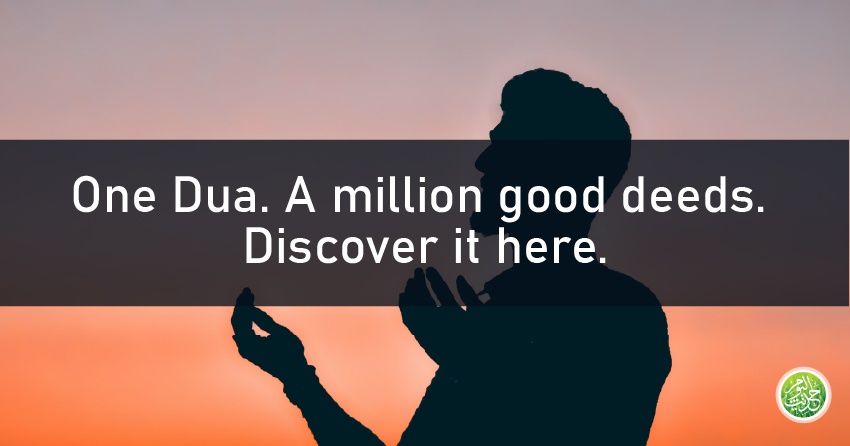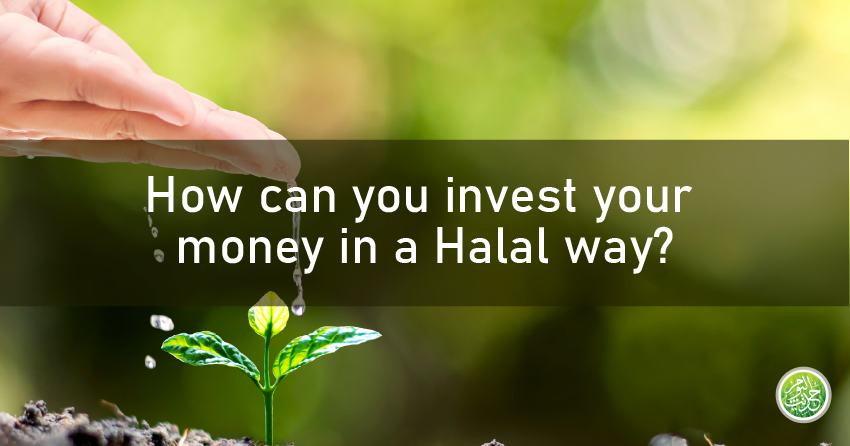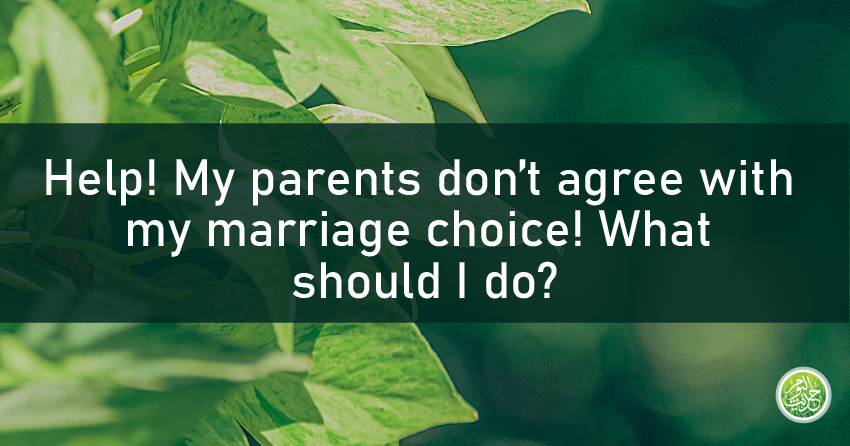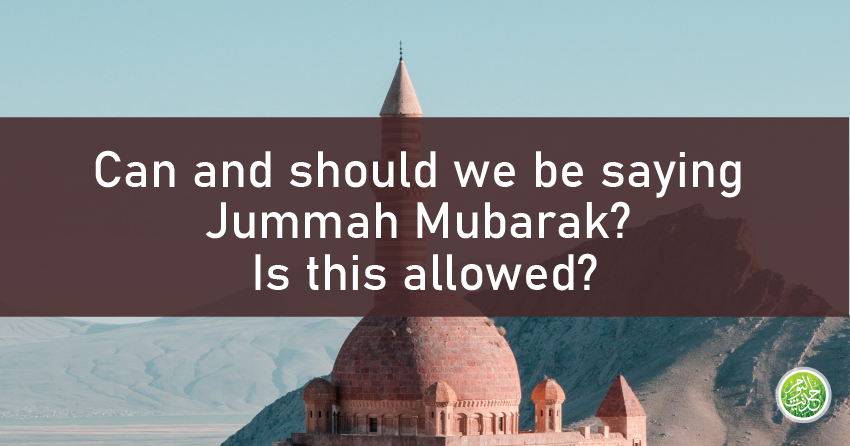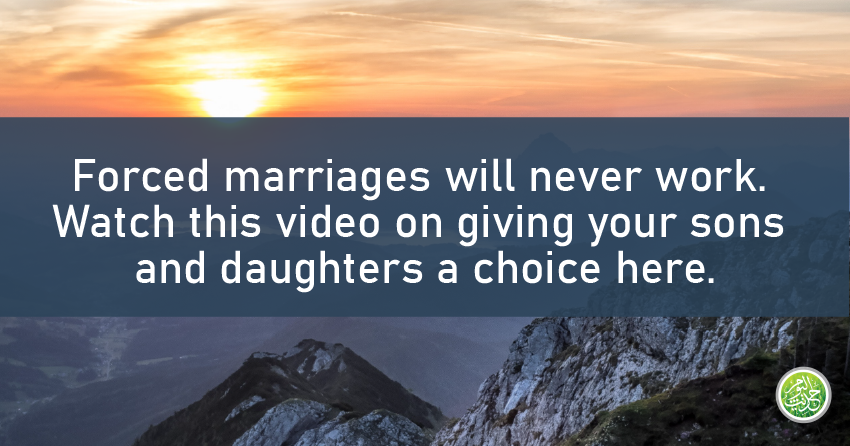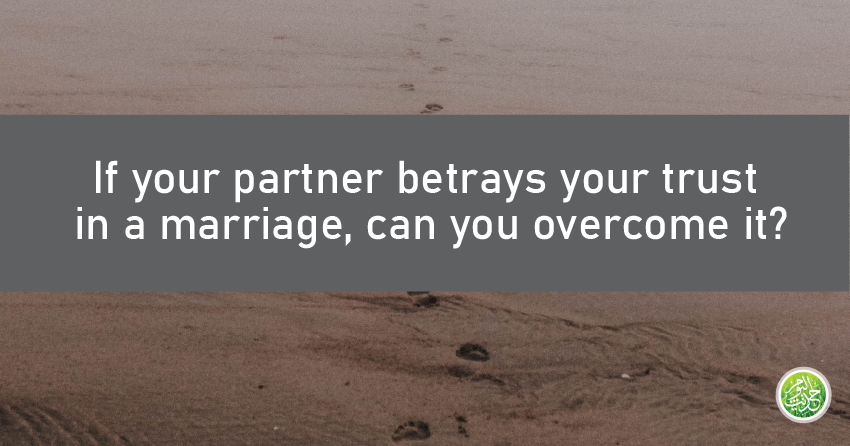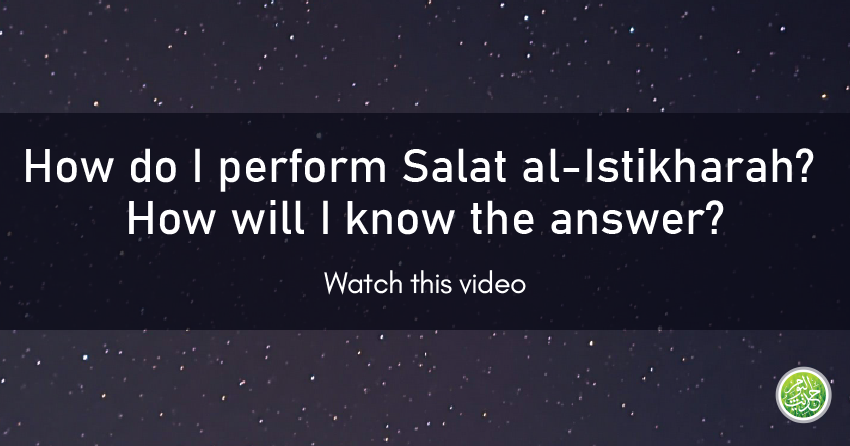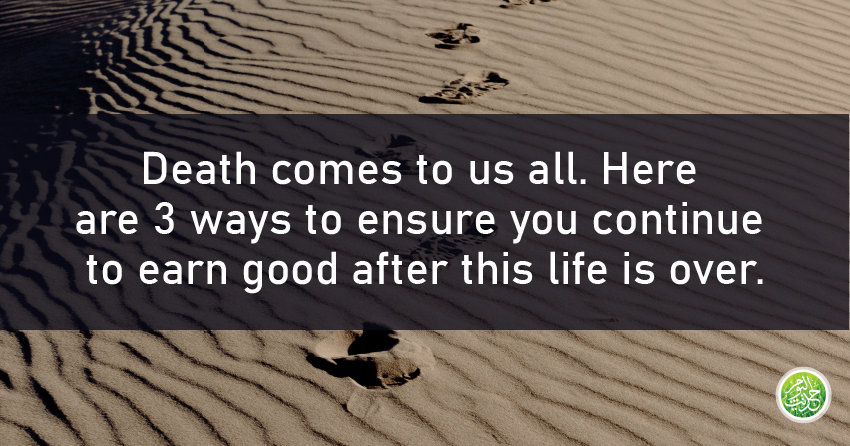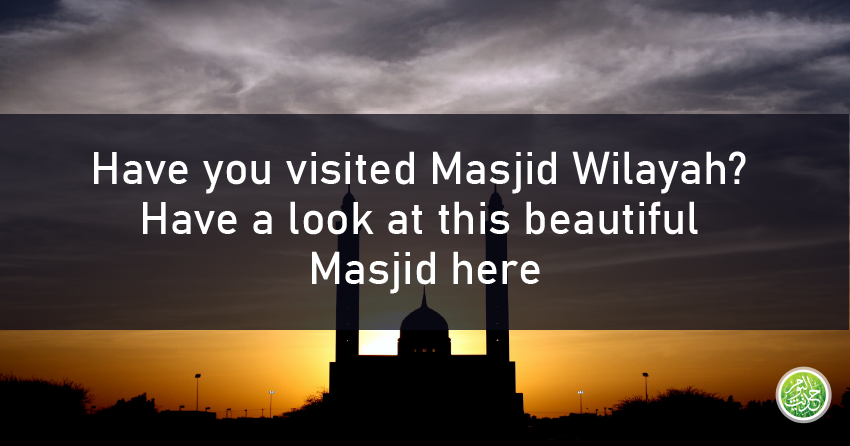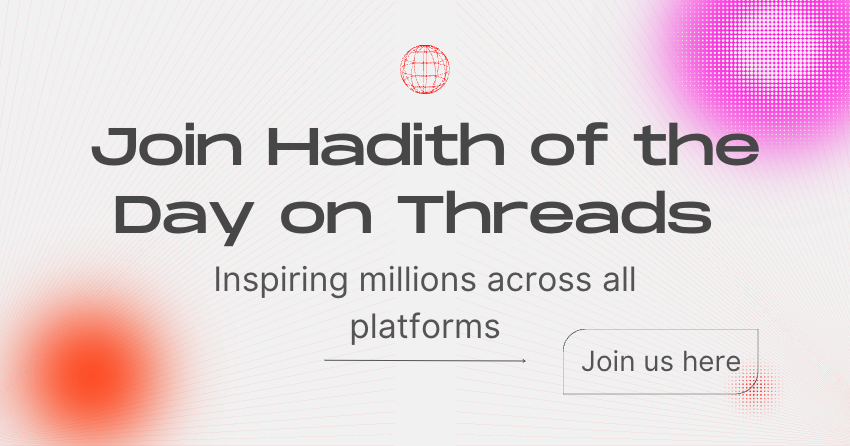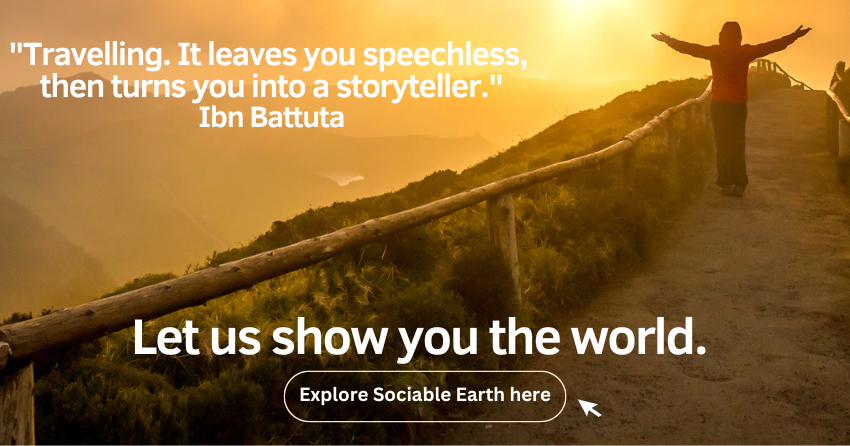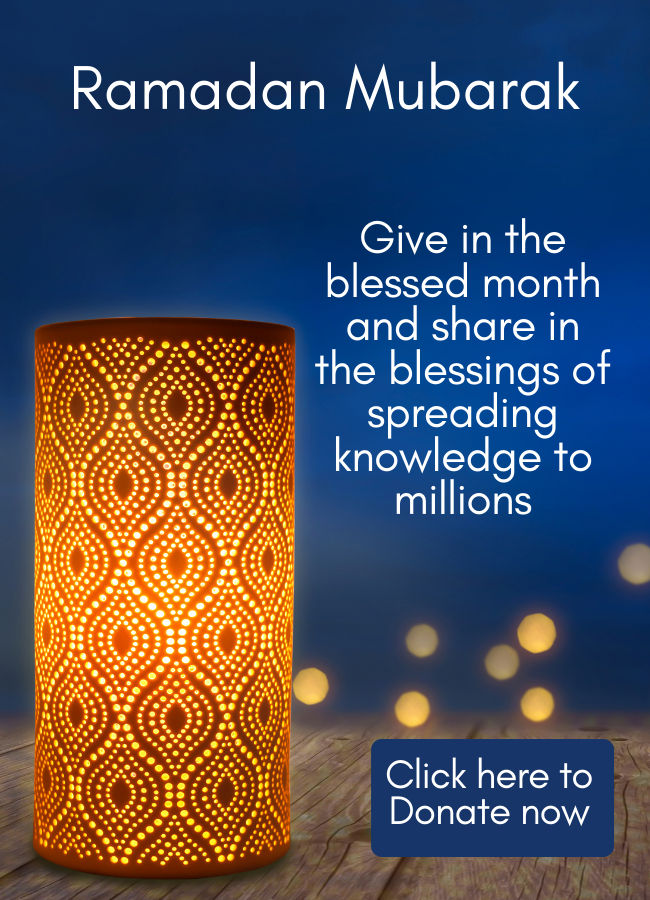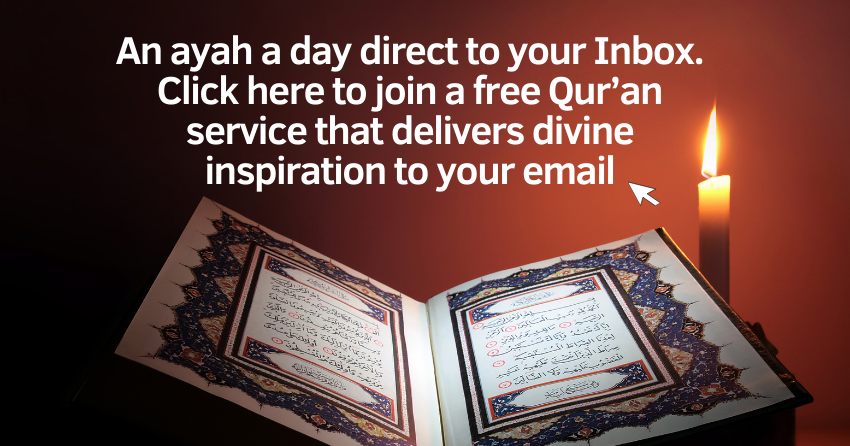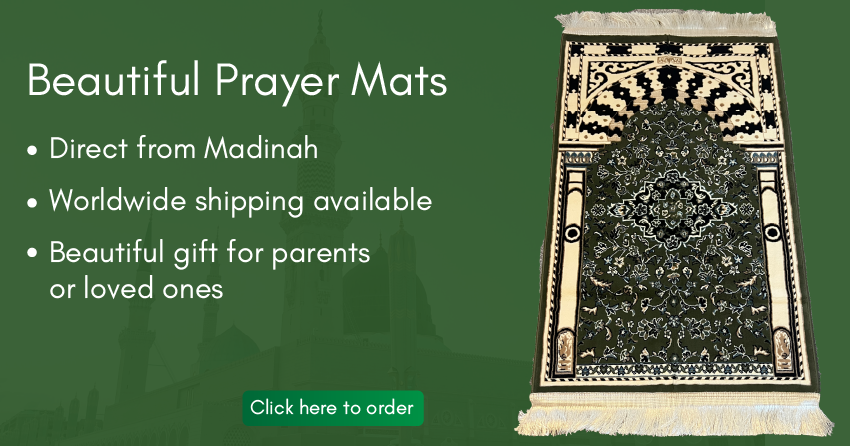5 skills of a positive genius that Prophet Muhammad had…and that you CAN too! Part I

There are some people who are always able to see the positives in a situation. Even when they get knocked down, they manage to get right back up again. They are able to do things with a wonderful spirit. The American inventor, Thomas Edison, once said, “I have not failed. I’ve just found 10,000 ways that won’t work.”
What makes some people more able to be positive, determined, and in a general state of contentment and happiness than others? There are, of course, many reasons. One major reason is often the way we view the world. According to Shawn Achor, author of The Happiness Advantage and Before Happiness, this perception of reality is the precursor to happiness (or lack thereof).
Successful, happy people are able to view a reality in which happiness is possible—a positive reality. It is not because they are delusional optimists, rather, they see the whole picture, with multiple paths and options, and they choose the path that is most positive but is also true.
This immediately made me think of two things: firstly, that Allah, subhanahu wa ta`ala (exalted is He), tells us we are what we think of Him. This is a really revolutionary way of thinking about the world. You make it good or bad. You choose to see the endless clouds or the silver lining(s). You choose to see Allah (swt) as an angry god waiting to punish His servants, or a merciful and just God, guiding His servants to be righteous custodians of this earth. And then you live in accordance with that view.
So if your view is that Allah (swt) wants good for you, and He helps those who want to do good, you will always find ways to live and be better. Something does not work out? No problem. What can you learn? Is there another way to the same goal? Have the variables changed that your goal should change too?
This is why the Prophet ﷺ teaches us that if someone possesses these two characteristics, there is nothing higher than them:
- Thinking well of Allah (swt)
- Thinking well of the servants of Allah (swt)
And then there are the two worst characteristics:
- Thinking negatively of Allah (swt)
- Thinking negatively of the servants of Allah (swt)
The second related point is the life of the Prophet ﷺ. How many times was he knocked down? And how many times did he get back up, his faith in God not shaken? His life really exemplifies what Achor talks about in his book, Before Happiness. In order to perceive happiness, you need to see the bigger picture. You need to have meaning. You use meaning as markers in your life, and that enables you to turn situations that could be boring or bad into things that are meaningful. Moreover, you are not rigid and stuck in one perspective. You are able to see things and are also open to being shown things from different angles, and thus you have a wider set of options to choose from.
The Prophet ﷺ started off in Makkah, with the protection of his uncle Abu Talib. When his uncle passed away, he lost that protection. For someone else, this could have been the end. But the Prophet ﷺ decided to seek protection at Ta’if. Over there, he was humiliated and rejected. But see how he is a person who sees the whole picture, and does not simply focus on the negative situation of the present: Ta’if didn’t work out, but there were scores of other tribes in the Arabian Peninsula. More powerful tribes were preferable, but any decent tribe that was willing to protect them would be good— because the aim at that point was leaving Makkah with the protection of a tribe. Although he was surely affected by what happened, he made a heartfelt supplication to God: “As long as You are not angry with me, then I do not care, except that Your favor is a more expansive relief for me.” He did not stop.
The Prophet ﷺ focused on all his options. He was not irrationally optimistic, which would be wishing that something would come out of thin air and maybe even acting recklessly. Rather, he looked at his options and picked the ones that were positive and true/possible. He exercised patience while having complete trust in Allah (swt).
The Prophet ﷺ first spoke to the tribe of Bani Shayban, during the Hajj (pilgrimage) season when all the Arab tribes would visit the Ka’ba. They were a powerful tribe, from an area that bordered modern day Iraq and Iran. They had treaties with the Persians to protect their borders, and for that they were given special privileges. While the tribe leaders liked what the Prophet ﷺ had to say, they said that they would not protect them from the Persians if it came down to that. They could only protect them from the Arabs.
Now if you were in this position, what would you do? Accept the limited protection of one of the most powerful tribes in Arabia at a time when you had none, or continue your search?
The Prophet ﷺ had a vision. His aim was not simply protection for the sake of it. It was protection in order to spread the message and principles of Islam, which would in turn ensure protection for the weakest members of society. He knew that if he could get that protection, and he had the freedom to tell people about the religion, Islam could flourish. So he graciously declined.
He finally met some youth from Madina who accepted his message. He had the patience and perseverance to tell them to return to their home, speak to their people, and come back the following year during Hajj to see if protection would be granted. And it was.
A pessimist would scoff. A pessimist would focus on the problems. Maybe even despair. Madina? What was Madina in relation to the powerful tribes of Makkah and other areas? They were doomed! An irrational optimist would see that they have been saved. A positive genius? He would see the whole picture. And then he would focus on what he could do in the circumstances. The Prophet ﷺ was a positive genius. And we know how the story ended.
How was he able to do all of this? His perception of God, firstly. That when you are doing something for His sake, you do not fixate on the little things. You know everything is in His Hands, and He knows what is best. It is not about your pride or your ego. You have trust. We know in the story of the Prophet Musa, alayhi as-salaam (peace upon him), and al-Khidr (as), al-Khidr damages the boat of some poor people who had helped them. That damage saved them from something greater, because there was a king at the time who was seizing every boat that was in good condition for himself. This story teaches us that what we perceive as bad can actually be good. Not being given protection at Ta’if, or from Bani Shayban, was not bad at all because Madina was the best place for them.
Stay tuned for the next part on the skills of a positive genius!
Proudly brought to you by Virtual Mosque, more Virtual Mosque can be found at http://www.virtualmosque.com/relationships/withthedivine/seeing-the-world-in-a-different-way-part-i/
Since You’re Here… we have a small favour to ask.
In these extraordinary times, millions rely on HOTD for daily uplifting & inspiring content. Established since 2009 and with your kind support we’ve seen readers elevate their Imaan & strive for better on a daily basis. We’re committed to keeping our content freely available and open for all readers. Every contribution, however big or small, makes a difference and help us spread knowledge to millions daily
HOTD is something special, it’s a place where people can come to be inspired, to renew their faith, to learn and share knowledge, to fall in love with our faith and also our Prophet (peace and blessings be upon him and his family).
All content on HOTD is free. We believe what we do in this life builds for the next one and we work tirelessly with the aim to please Allah and inspire the global Muslim community as
well as providing information and inspiration for anyone interested in Islam. We simply cannot do this without your support and your support helps us continue our services.
If there were ever a time to join us, it is now. You can support HOTD and help sustain our future. Support Hadith of the Day and make a one-off donation or give regularly from as little as £10 a month Jazak’Allah Khayr – whatever you donate will come back to benefit you Insha’Allah as whatever is spent in the way of Allah is an investment in the future and the next life. Thank you.


